Do you have an energy hog in your home?
By Patrick Keegan and Amy Wheeless
[quote width=”75″]Q: I’m trying to make my home as energy efficient as possible. I recently installed a new heat pump and efficient water heater, and increased the amount of insulation in my home. I also enlisted the help of a home energy auditor, and he didn’t find much in the way of air leakage. However, my energy bills still seems higher than they should be. Can you point out other areas of the home that I might be overlooking?[/quote]
[quote width=”75″]A: It sounds like you have made some solid investments with your focus on space and water heating, which are usually the major uses of energy in the home. Your energy auditor may be able to provide information about how your home’s energy use compares to similar homes in the area—and if it is substantially higher, what could be causing the problem.[/quote]
Your electric co-op could also be a valuable source of information. Many co-ops have installed smart meters at their members’ homes, which can show detailed hourly energy use. This information can sometimes help pinpoint a large energy user. For example, you may be using more electricity on weekends, which would be an important clue to discovering what is driving up your energy costs.
Armed with whatever clues you can glean from your energy auditor or your co-op, you are better able to search for an energy hog in your home. Are there uses of energy outside your typical living space that are “out of sight, out of mind?” Below are some possible unconventional energy uses that could be adding to your energy bill:
Swimming pools and spas
A swimming pool and spa are nice amenities to have in your home, but they can significantly contribute to your energy bill.
- Your pool pump keeps the water circulating through its filtering system and could be the most energy intensive part of your pool. Older pool pumps run continuously on a single, high speed setting, but this circulation is more than the typical residential pool needs. An ENERGY STAR-certified pool pump can be programmed to run at different speeds depending on your pool’s needs—and can pay for itself in as little as two years.
- If you heat your pool, try using an efficient heater. Pool heaters that run on natural gas or propane are the most common, but an electric heat pump water heater or a solar water heater could be a more cost-effective option. Remember to put a cover on the pool when it is not in use to keep your heater from working as hard.
- If you have a hot tub or spa that you occasionally use, consider turning it off when it is not in use. If you use your spa frequently, use a cover with a high insulation value to keep the water warm and your electric bill low.
Pump systems
Water pumps often run on electricity and can be found in many areas of your property.
Irrigation: If you have a larger property, you may have an irrigation system. Leaks in your irrigation system can greatly increase your pump’s electricity use.
Wells: If your home uses well water, you have a well pump that helps bring the water from the well to your home. A malfunctioning well pump may run continuously to try and maintain proper water pressure—this can cause a significant increase in your electricity bill.
Garden fountains: Fountains make a charming addition to your garden, but the pumps that run them use about as much energy as a small lamp. If you have multiple fountains in your garden, look into installing a timer so that the fountains only run part of the day.
Non-living spaces
You may have some energy hogs in your garage, outbuilding or basement. For example:
Do you have a second working, but inefficient, refrigerator or freezer plugged in? Is it in use, or can you consolidate its contents into your kitchen?
Do you have a recreational space in an uninsulated part of your home, like the garage or basement? Using space heaters or portable air conditioners in uninsulated spaces can definitely lead to higher bills.
Do you have a block heater to help warm your vehicle on cold mornings? Plugging in your heater overnight will use far more electricity than needed—use a timer to start the block heater just a few hours before you need your vehicle.
Home business
If you run a business out of your home, there could be a large energy user contributing to your electric bill. For example, regularly using welding equipment, ceramic kilns or power carpentry tools can contribute significantly to your electric bill, as can equipment that supports home farming operations.
Look for energy hogs around your home, and try to limit their use if possible. Find more ways to be energy efficient by contacting your local electric co-op.
Patrick Keegan writes on consumer and cooperative affairs for the National Rural Electric Cooperative Association, the Arlington, Va.-based service arm of the nation’s 900-plus consumer-owned, not-for-profit electric cooperatives. Write to [email protected] for more information.




